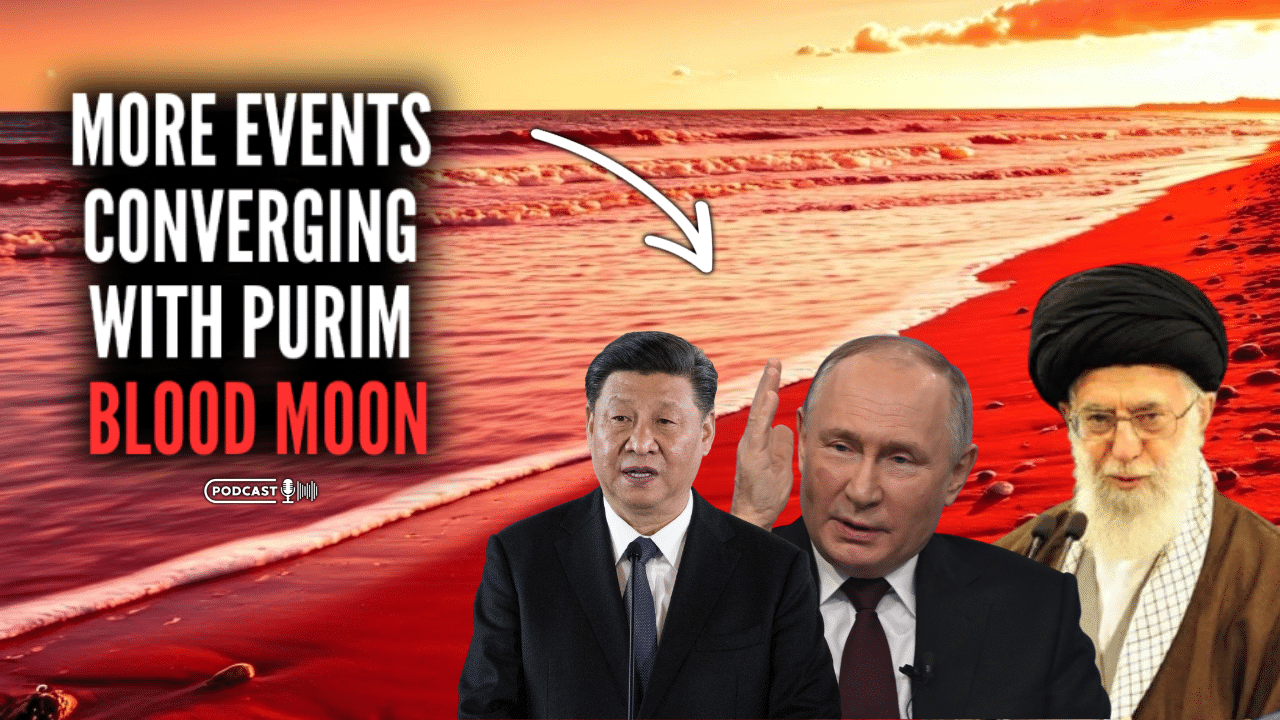Pope Francis, who recently raised the possibility of retiring due to his declining health, will create 20 new cardinals on Saturday — many of whom could one day choose his successor.
It is the eighth consistory since the 85-year-old was elected in 2013, but is being particularly closely watched for signs of the kind of Catholic Church he hopes to leave behind.
The new cardinals include men known for their progressive views and their pastoral work, and they hail from around the world: from Brazil to Nigeria, India, Singapore, and East Timor. After Saturday’s swearing-in at St Peter’s Basilica, they will join a two-day meeting of all cardinals starting Monday.
The gathering was called earlier this year to discuss the pope’s new constitution for the governance of the church — but has only fuelled speculation he is on his way out.
Francis, who has canceled numerous events in recent months and been forced to use a wheelchair due to knee pain, said last month that “the door is open” to stepping down.
If he did follow his predecessor Benedict XVI and resign, a conclave involving all cardinals aged under 80 would be called to choose a successor. After this weekend, Francis will have chosen around 90 out of the 132 cardinals eligible to elect a new pope, around two-thirds of the total — precisely the percentage needed for any proposed name to pass.
The naming of cardinals, normally an annual event, is always scrutinized as an indication of the future direction of the Catholic Church and its priorities for its 1.3 billion faithful.
But Francis’s choices for cardinals do not automatically guarantee that the next pope would be someone reflecting his own priorities, Vatican specialist Bernard Lecomte told AFP.
“We always have the impression there will be continuity, but in reality, history has shown the opposite,” said Lecomte, citing the “balancing” from one pope to the next throughout the 20th century.
Francis’ papacy has been defined by efforts to make the Church more inclusive, transparent, and focused on the most vulnerable members of society.
This year the Argentine pontiff completed a major shake-up of the Vatican’s powerful governing body, the Roman Curia, which makes winning new converts a priority.
He has named cardinals who have rejected Church hierarchy and status quo and helped to counter the centuries-long hegemony of Europeans.
Virgilio Do Carmo Da Silva, the archbishop of Dili, will on Saturday become the first cardinal of tiny East Timor, an overwhelmingly Catholic nation in Southeast Asia. (Yahoo News)










